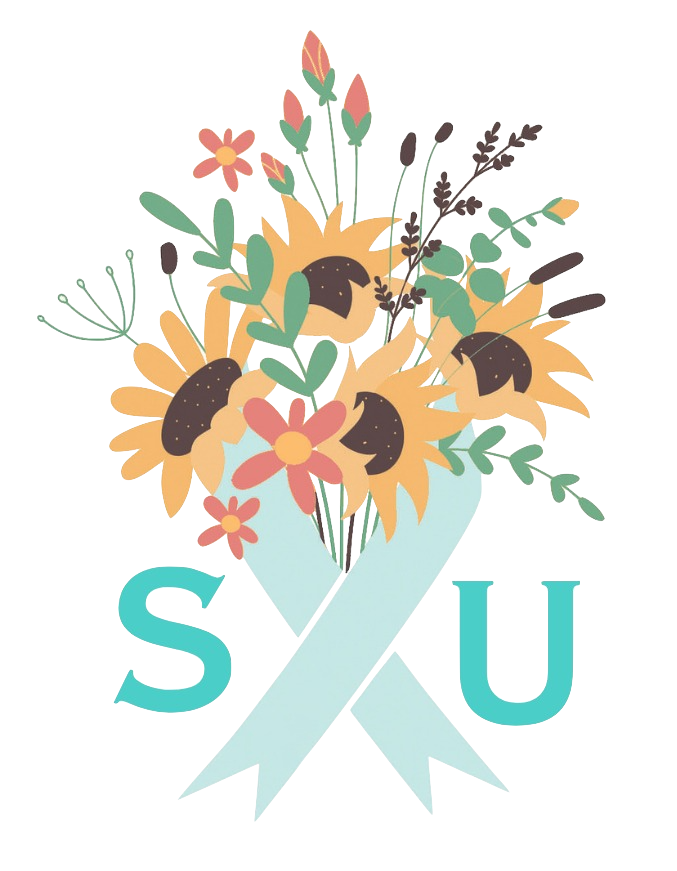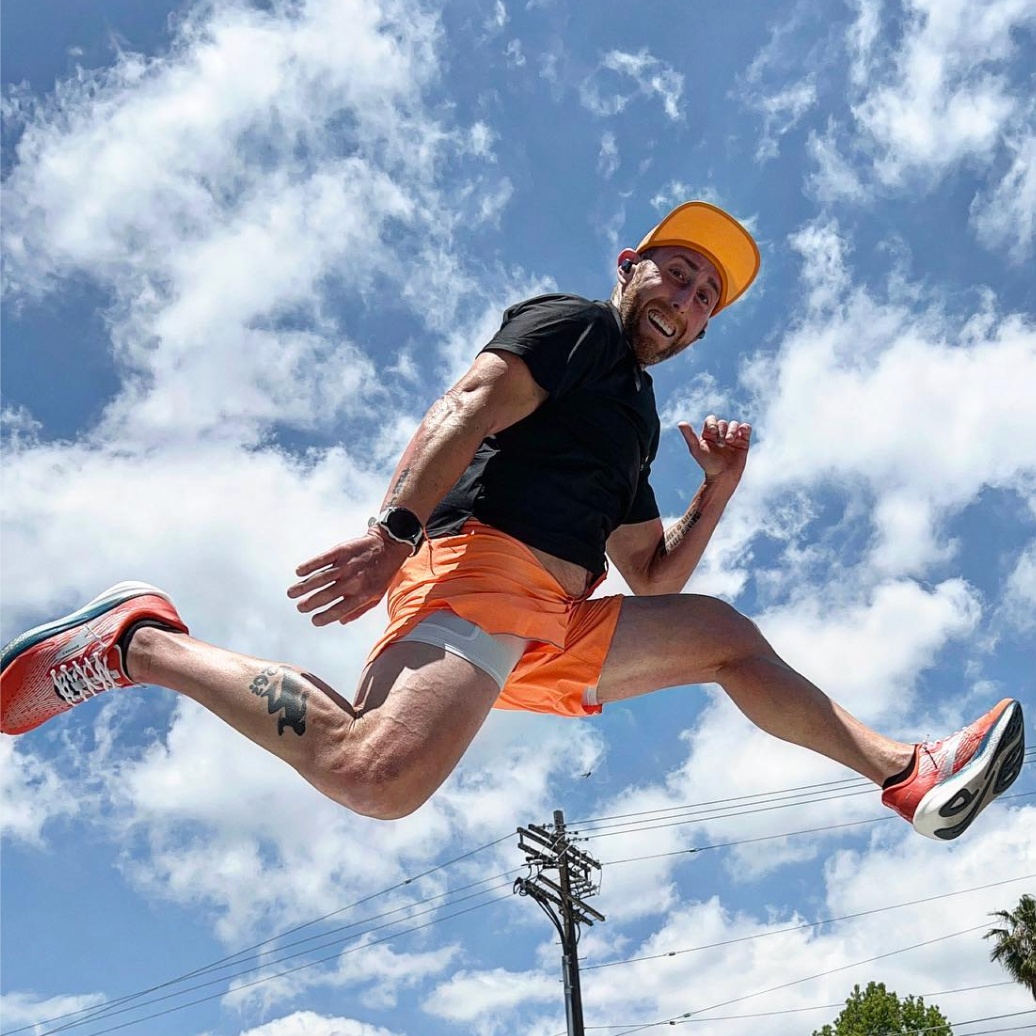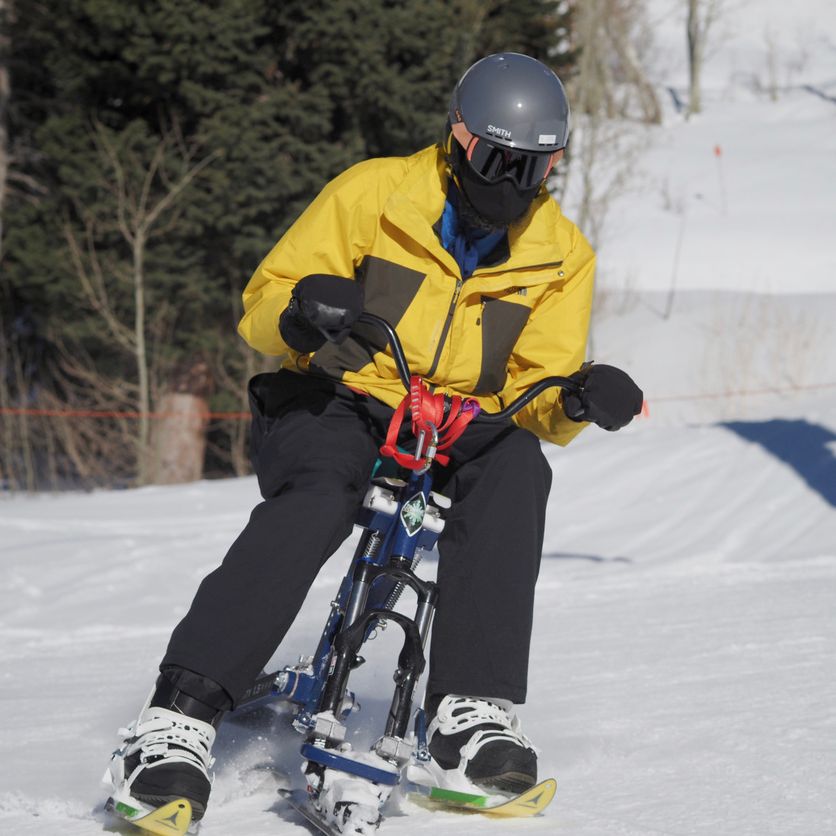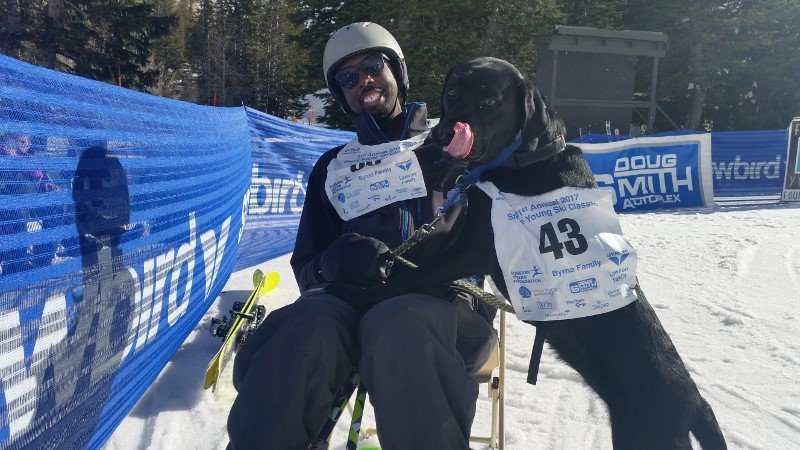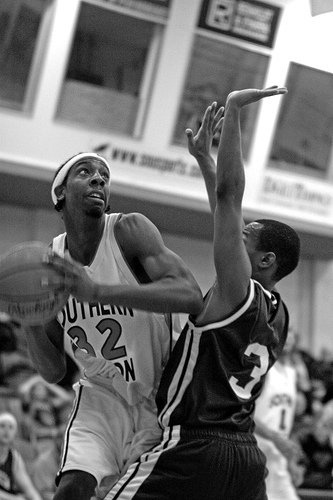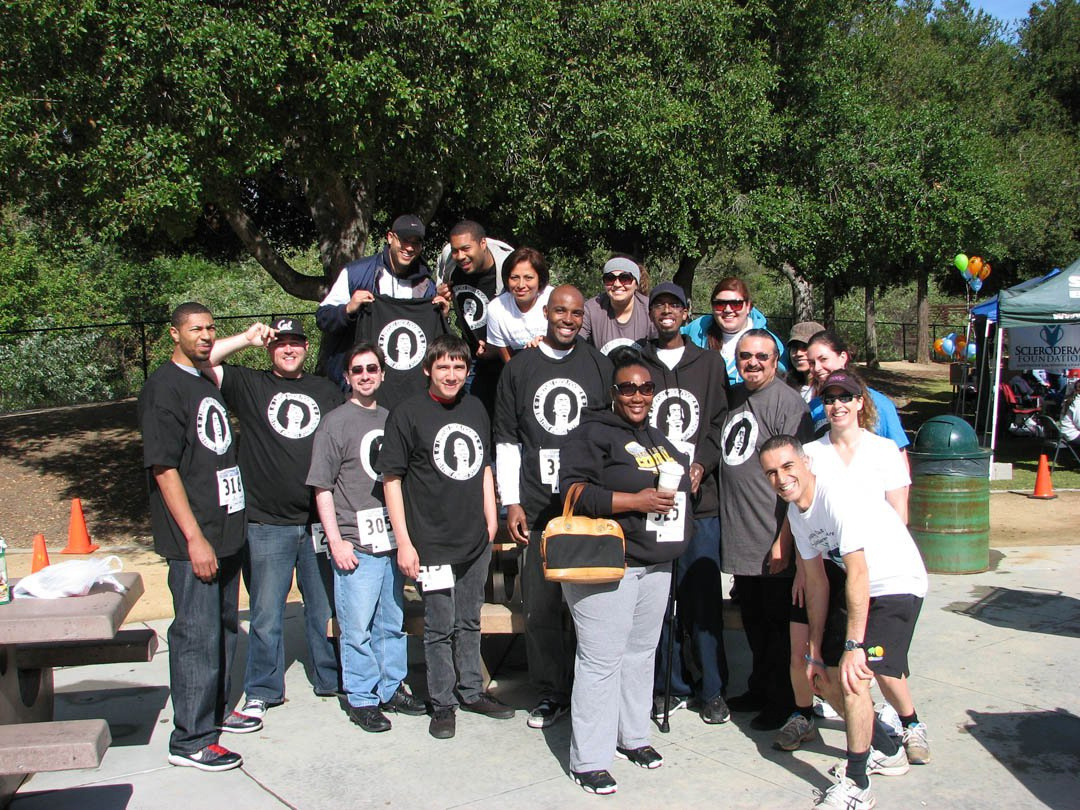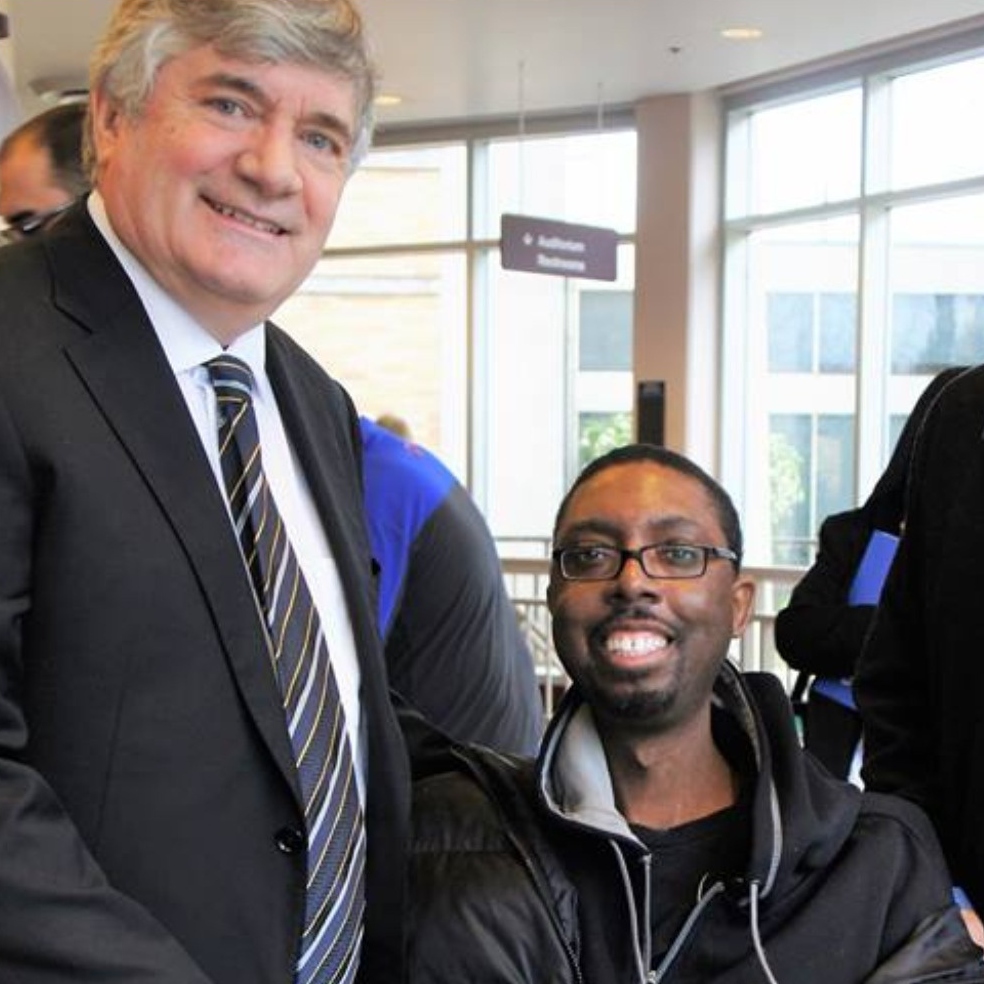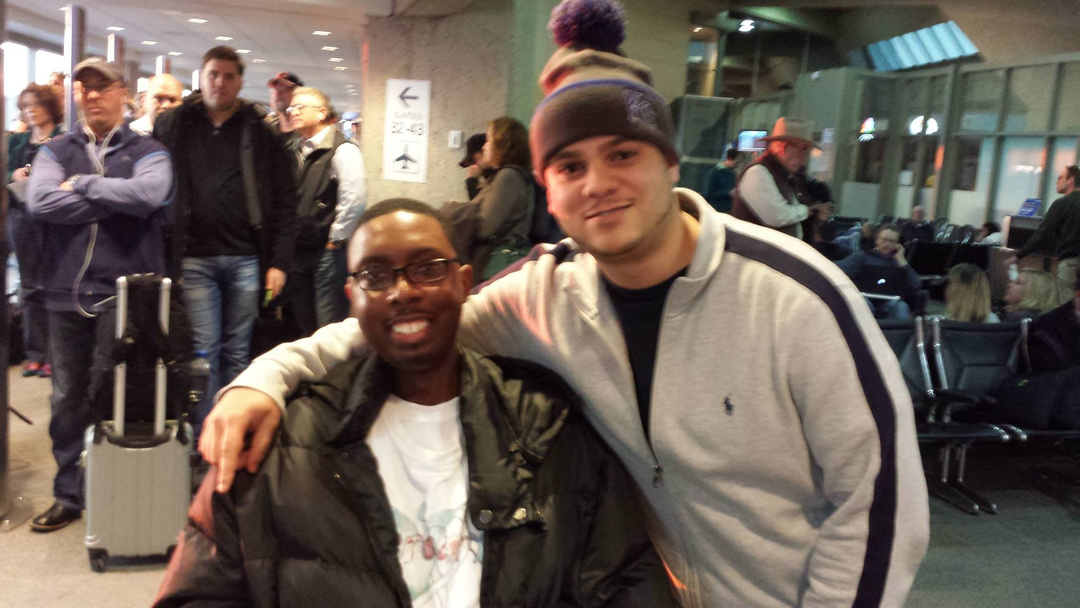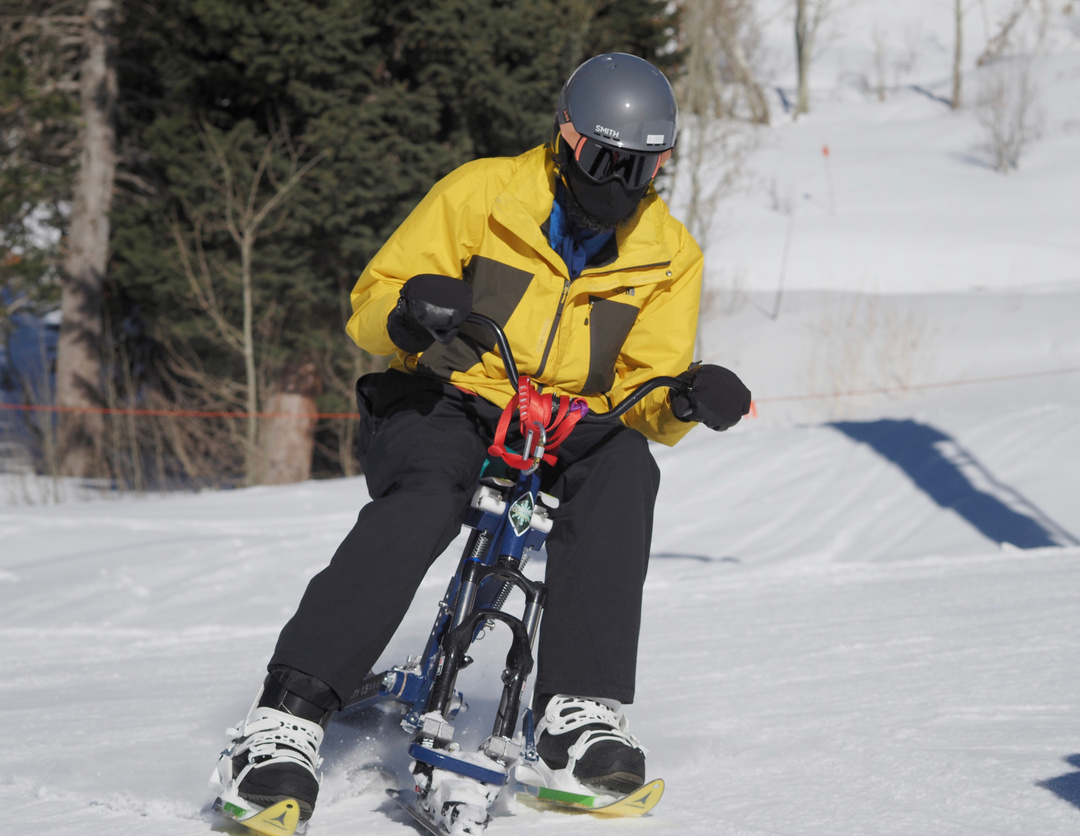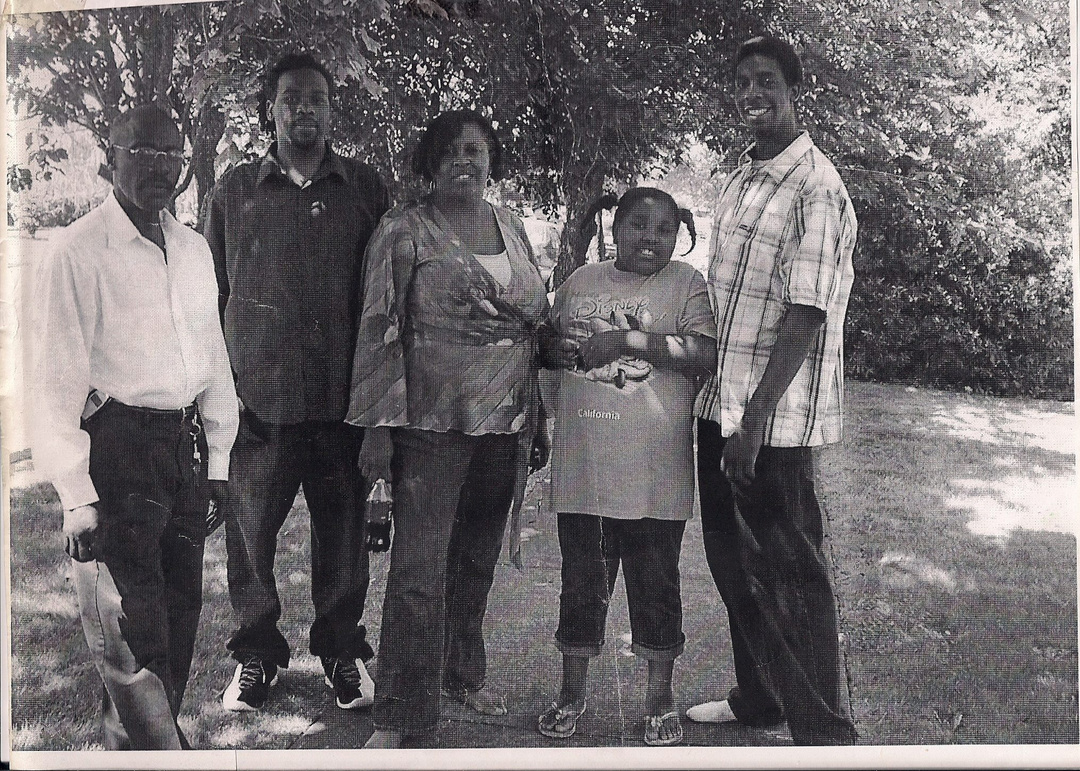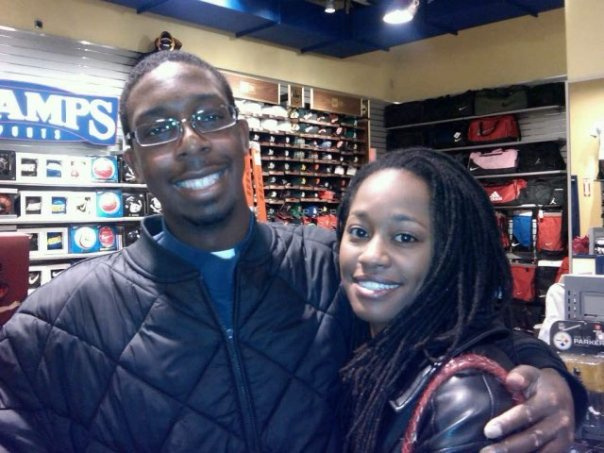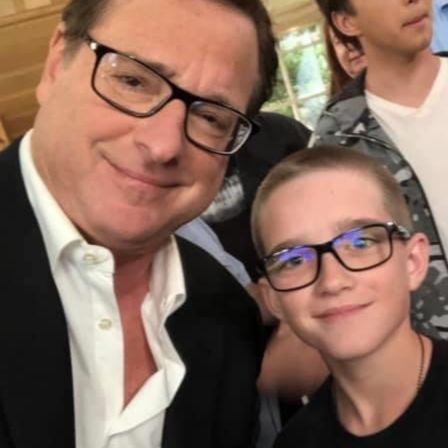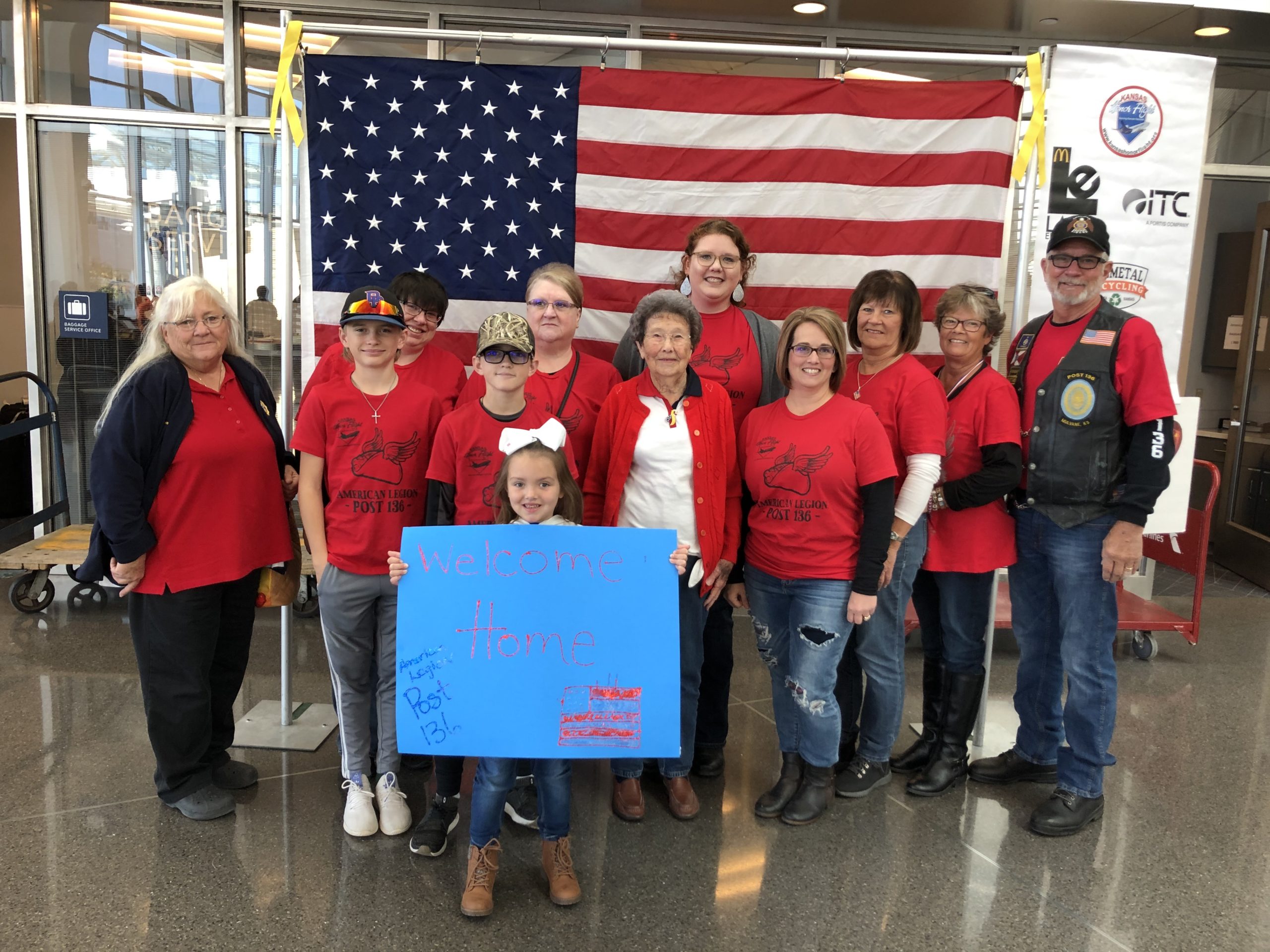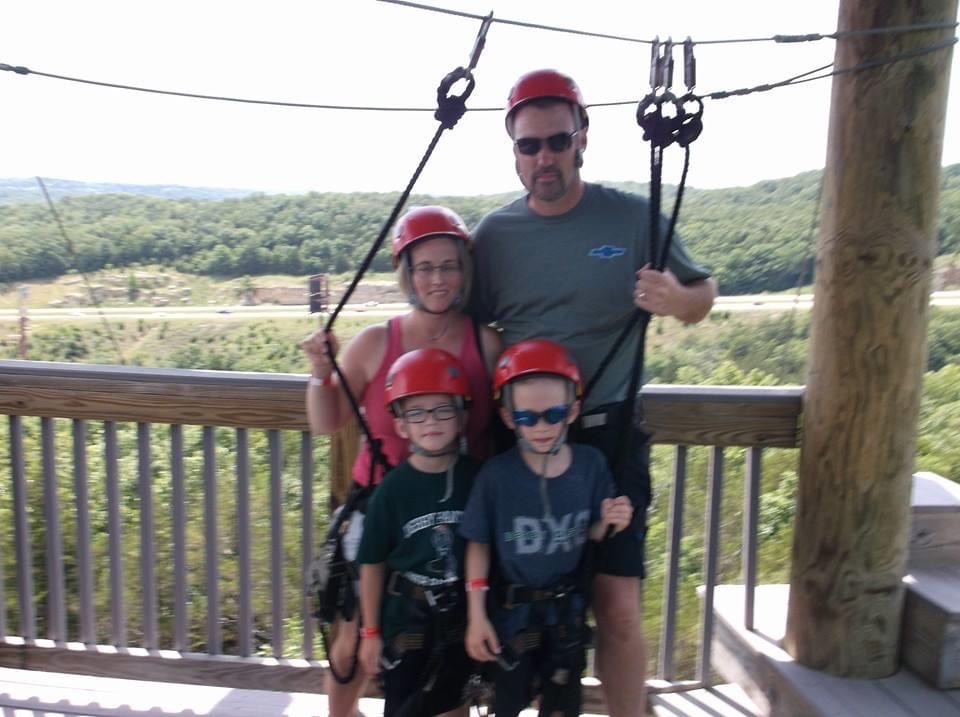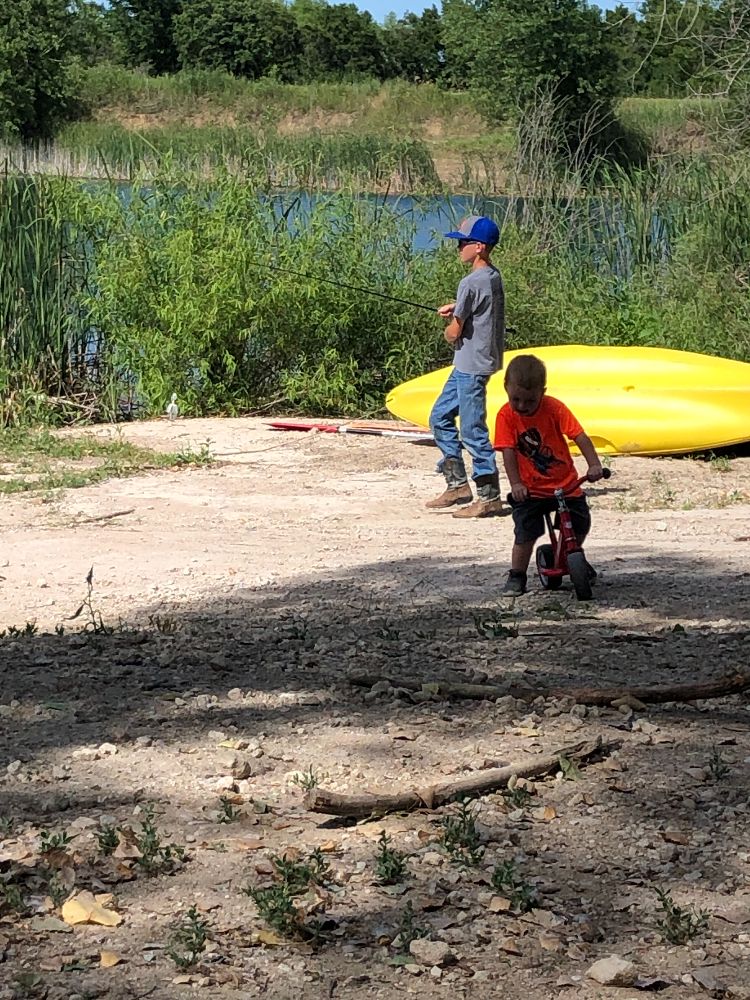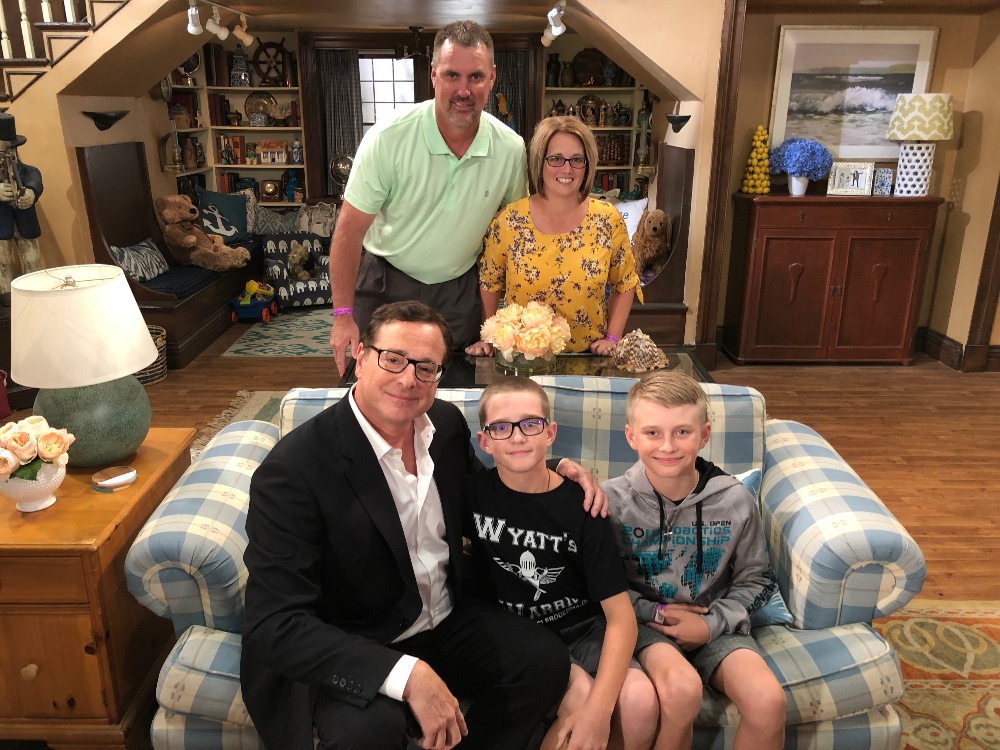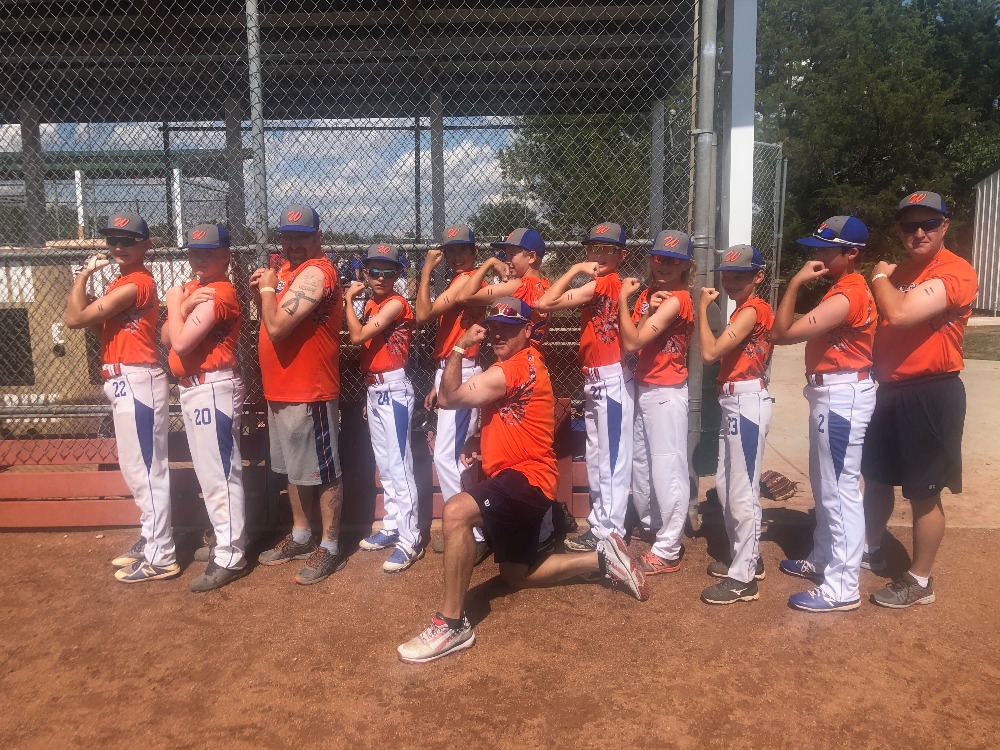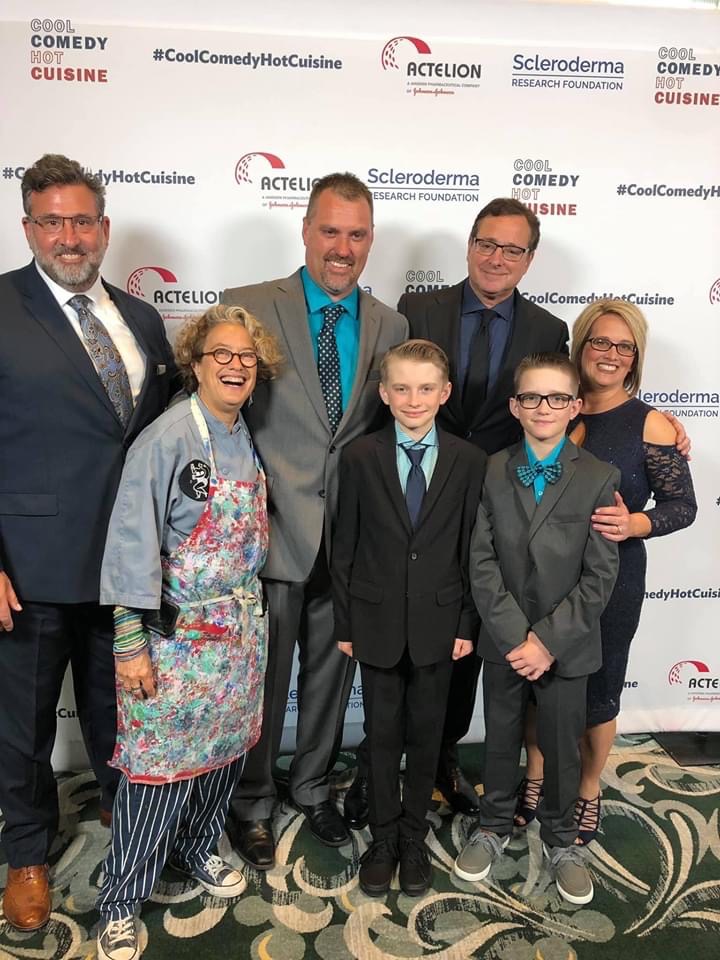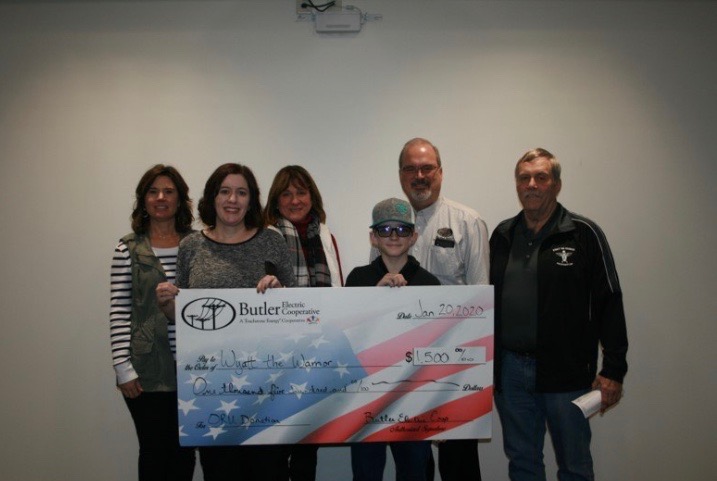Gregory Cohen
Studio City, California (United States)
GREGORY COHEN
Scleroderma Stories Issue 4
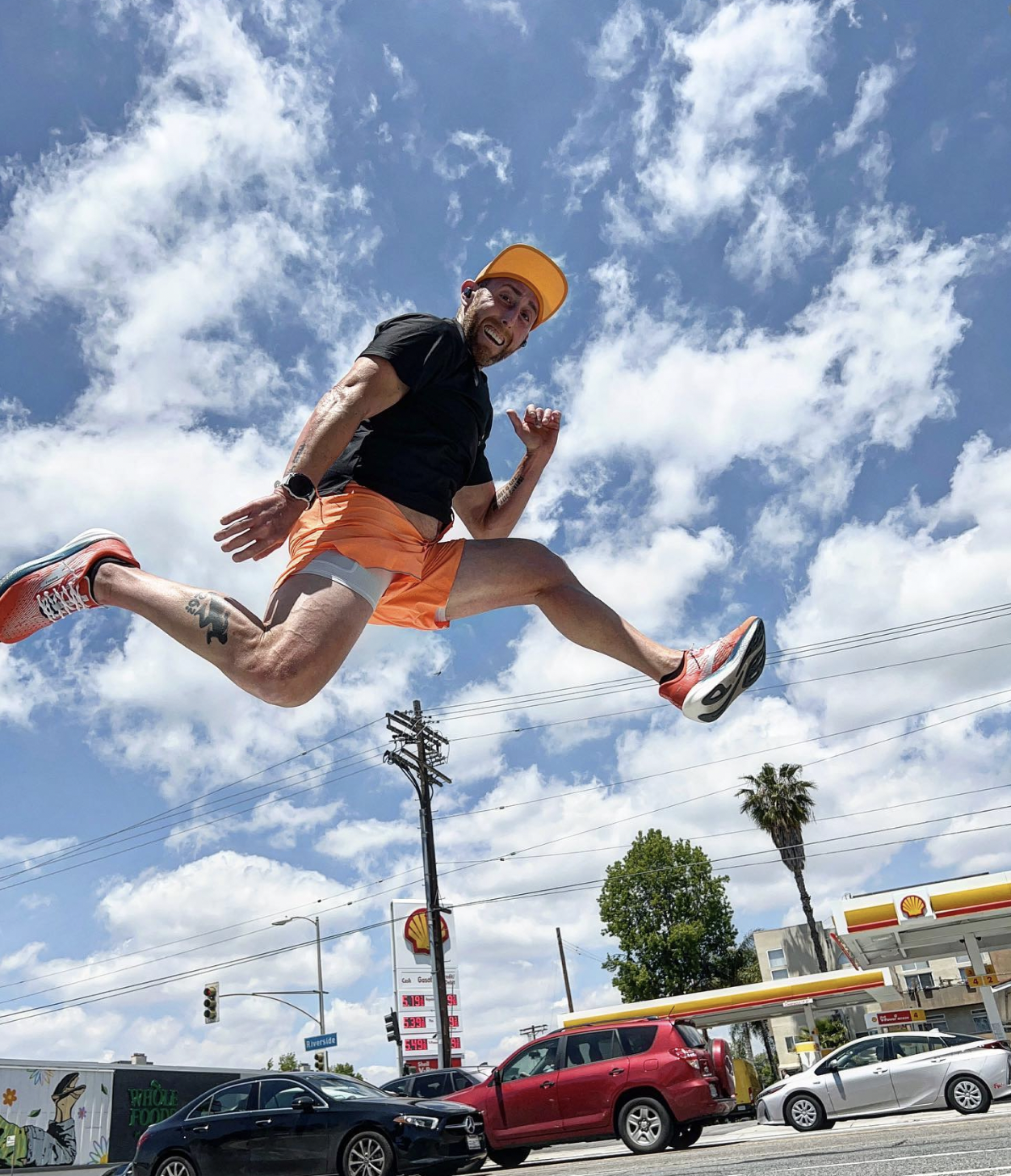
Please introduce yourself
My name is Greg Cohen. I live in Studio City, California. I’m originally from New York, but I moved to California about 17 years ago. I’m a former college athlete, and now I work in the fitness industry. I run marathons – I’m actually heading to the London Marathon tonight! I have a culinary background, and I am finishing up my doctorate right now in public health. I also have a cat named Popsicle, and I post pictures of her to my Instagram and call them the Nightly Popsicle Pics, which everyone tends to like!
What were your earliest symptoms?
I’m 44 now, and I was diagnosed at 36. I should have been diagnosed 2 to 3 years prior to that because I began showing symptoms. My doctor at the time wasn’t 100% sure and didn’t want to make a conclusive diagnosis.
One of the symptoms I started developing was numbness in my hands. My hands always felt swollen, and then I started developing digital ulcers on my fingers. I had a lot of Raynaud’s episodes with hot and cold changing the color of my hands. I also had some gastrointestinal issues, such as heartburn and acid reflux.
What was your initial reaction?
When I was first getting the symptoms, I had no idea what was wrong with me. I remember the day I went to urgent care. It was a Sunday morning, and I was driving to go teach a fitness class. My hands felt like they were blowing up like a balloon, which was really odd. The PA at urgent care diagnosed me with bilateral carpal tunnel syndrome, which was weird. Then, they sent me to a neurologist who told me I had a high ANA, or antinuclear antibody, level and that the next step would be an electrode test, which was supposed to be very painful. I freaked out and said, “No, thank you,” but they sent me to the rheumatologist anyway, where I was diagnosed with Hashimoto’s.
I’ve had an underactive thyroid since I was about 20, but this was more of an autoimmune diagnosis. I was stubborn and didn’t listen to my doctor even though she wanted me to come back. Three years later, digital ulcers ultimately led me to go back to the doctor where I was finally diagnosed. At that point, it was a shock.
My wife at the time was with me. When I got the diagnosis, we both started crying. I’d briefly heard about scleroderma from a friend prior to my diagnosis, but I didn’t put it together. My initial thought was that my life was coming to an end… like a death sentence.
The doctor specifically told me not to Google stuff online. What did I do? I Googled stuff online. That definitely made it worse. I did start reaching out to some support groups in the area, such as the Scleroderma Foundation. At this point, I was still crying on the phone–this was all within the first week of my diagnosis. Slowly, though, I started to put things in perspective.
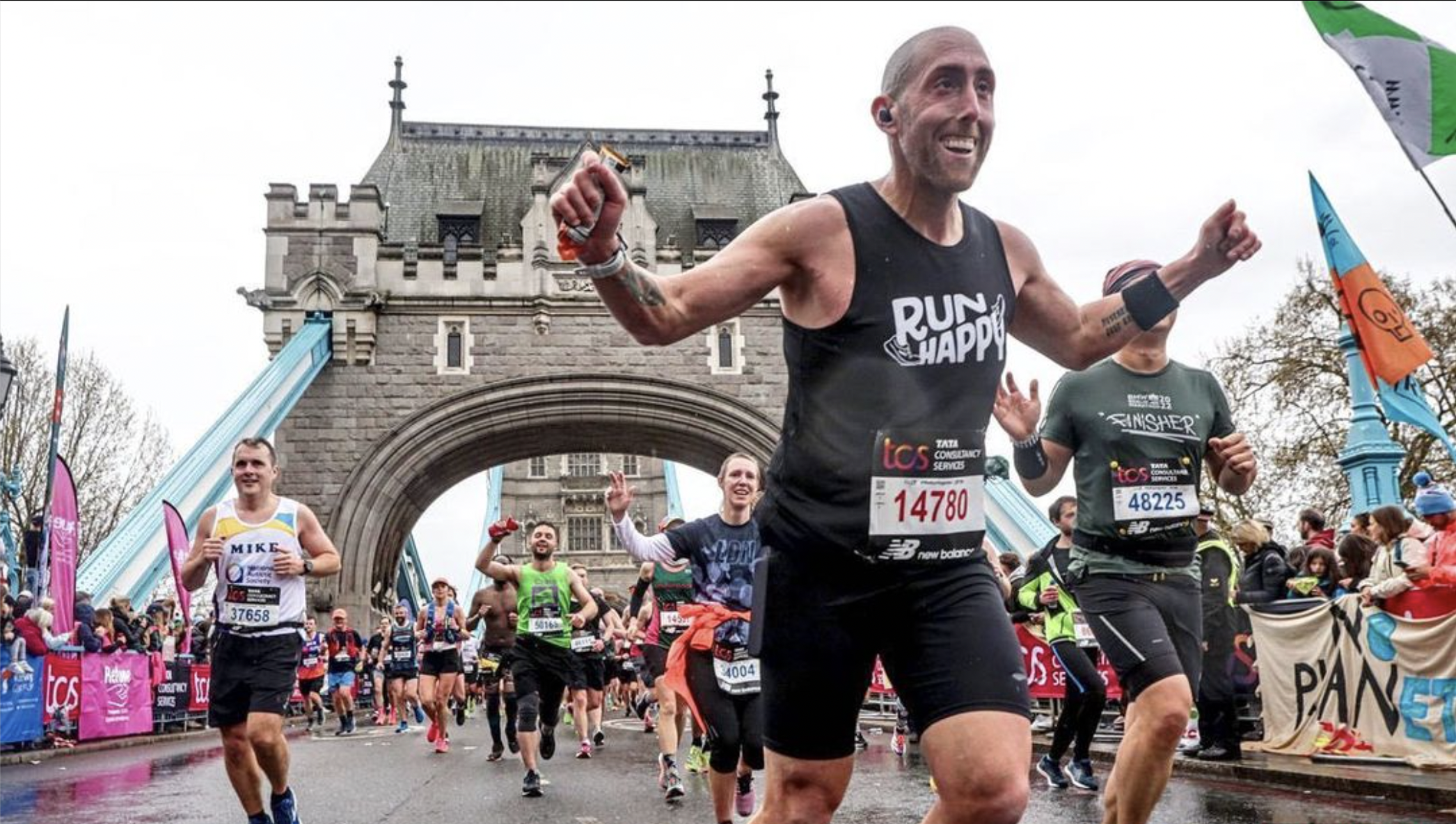
How have symptoms affected you?
I haven’t developed any more symptoms since my last diagnosis. In my last two echocardiogram exams, I had borderline high arterial pressure. My doctor’s biggest concern is pulmonary arterial hypertension as a complication. For the most part, I’ve been dealing with the gastrointestinal stuff, the digital ulcers, and day-to-day fatigue. The ulcers are probably the worst to deal with. They can take up to three months to go away, and they’re right on my fingertips, especially my middle finger. Being in fitness, I am using my hands a lot, which makes the pain annoying.
After I was diagnosed, I decided to become an advocate and inspire others in the community to take more proactive measures to protect their health.
I still do everything that I’ve always done, although things are a little bit more challenging.
For example, my ex-wife was over a little while ago because I’m packing to go to London and needed help buttoning my shirts. Sometimes, the skin on my hands becomes really tight. My hands haven’t really curled too much, but it still makes doing fine motor skill things challenging. Another instance is when I’d go to a local coffee shop and a pen would be left on the counter for me to sign a receipt. I couldn’t really pick the pen up off the table with my fingers, so I’d literally have to roll the pen off the counter, catch it, and then sign my receipt.
People don’t really think too much about the appearance of my face. I’m really self conscious about the ulcers on my fingers, though. I’ll wear Band-Aids to protect the area. But people ask, “Oh, what’s wrong with your finger?” And then I go through the regular explanation of what’s going on.
How did you get into the fitness field?
I wrestled in college, and we’d always have to run to get in shape. I was always in the back with the heavy weights. I was a sprinter, so I played sports like soccer and lacrosse. Whenever we had to do long distance runs, like 4 or 6 miles, before practice, I hated it.
When I got out of college, I needed to stay active and involved in fitness. I wasn’t very committed to going to the gym by myself. That actually got me into teaching fitness. I started teaching kickboxing when I lived on the East Coast. It became addictive in the sense that I really enjoyed it. It kept me in shape, and it also made me feel good since I was directly helping other people.
At this point, I had a full time career in the hospitality industry. After college, I went to culinary school and managed restaurants, then moonlighted as a fitness instructor. I think part of the reason I was diagnosed with scleroderma was that I was running myself into the ground. I’d wake up at 5, teach fitness classes, go to work, be at work till 10 at night, and do it all over again.
Eventually, I wanted to make fitness and focusing on this sense of health and wellness a full-time job.
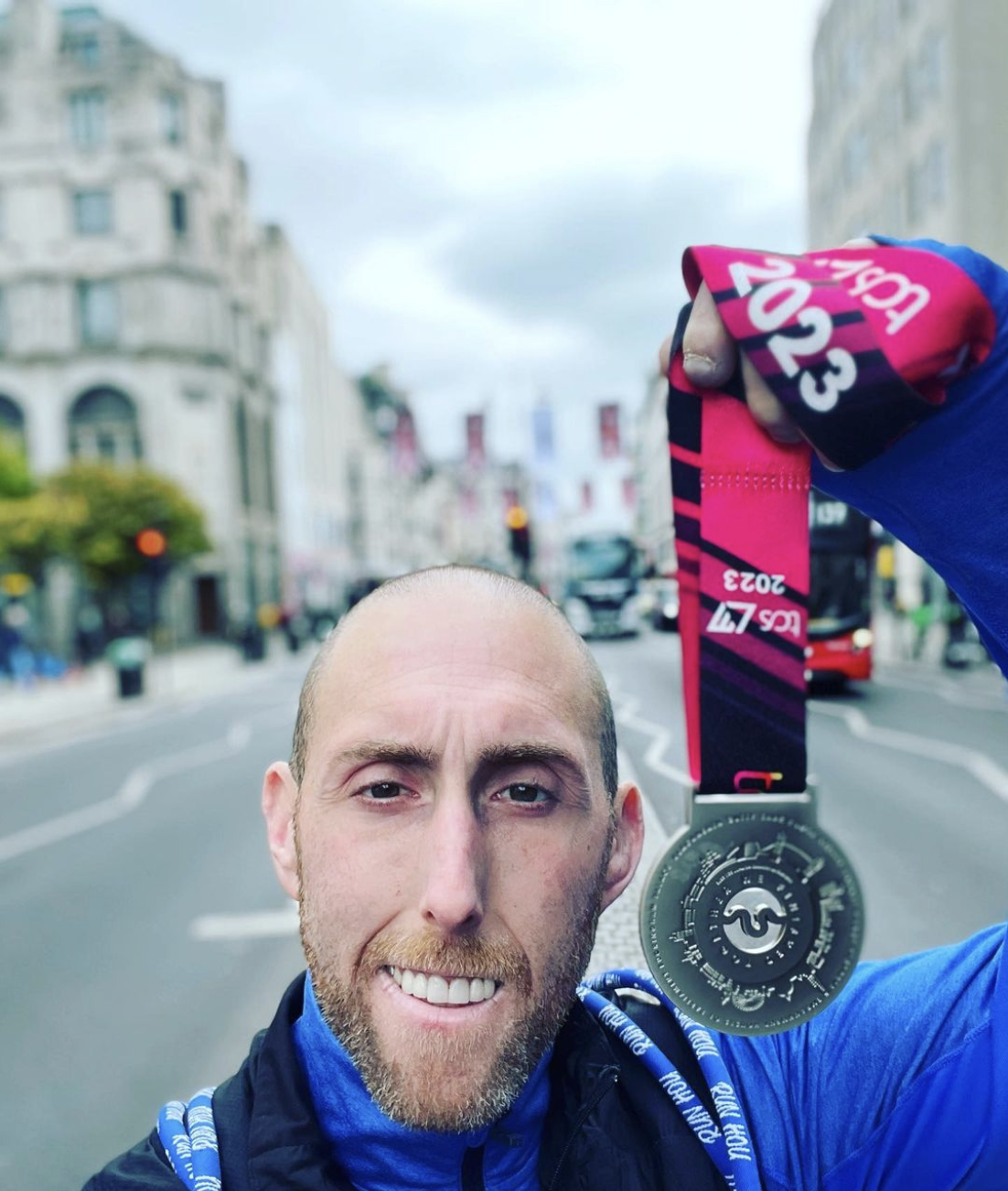
Why did you begin running marathons?
I became interested in running after my diagnosis. I was trying to find a way to raise awareness for the disease because, as we know, there’s not a big celebrity face associated with it. I briefly considered doing something from an advocacy standpoint by writing articles, for example. But, I began running races to inspire others to be more active.
Many patients with chronic illnesses, not just scleroderma, automatically throw their hands up and say, “Well, I can’t run anymore. I can’t do this.” My goal was to inspire people to stay active to reap the tons of benefits that can improve daily quality of life. Some patients will email or message me saying, “I can’t run a marathon.” My answer is: you don’t need to run a marathon. You can run a mile or walk 3 miles as long as you don’t give up on life.
What are your other hobbies?
It’s mostly fitness, sports, and food. Things like stamp collecting or butterfly hunting aren’t really on my list of passions… but I do love good food and wine!
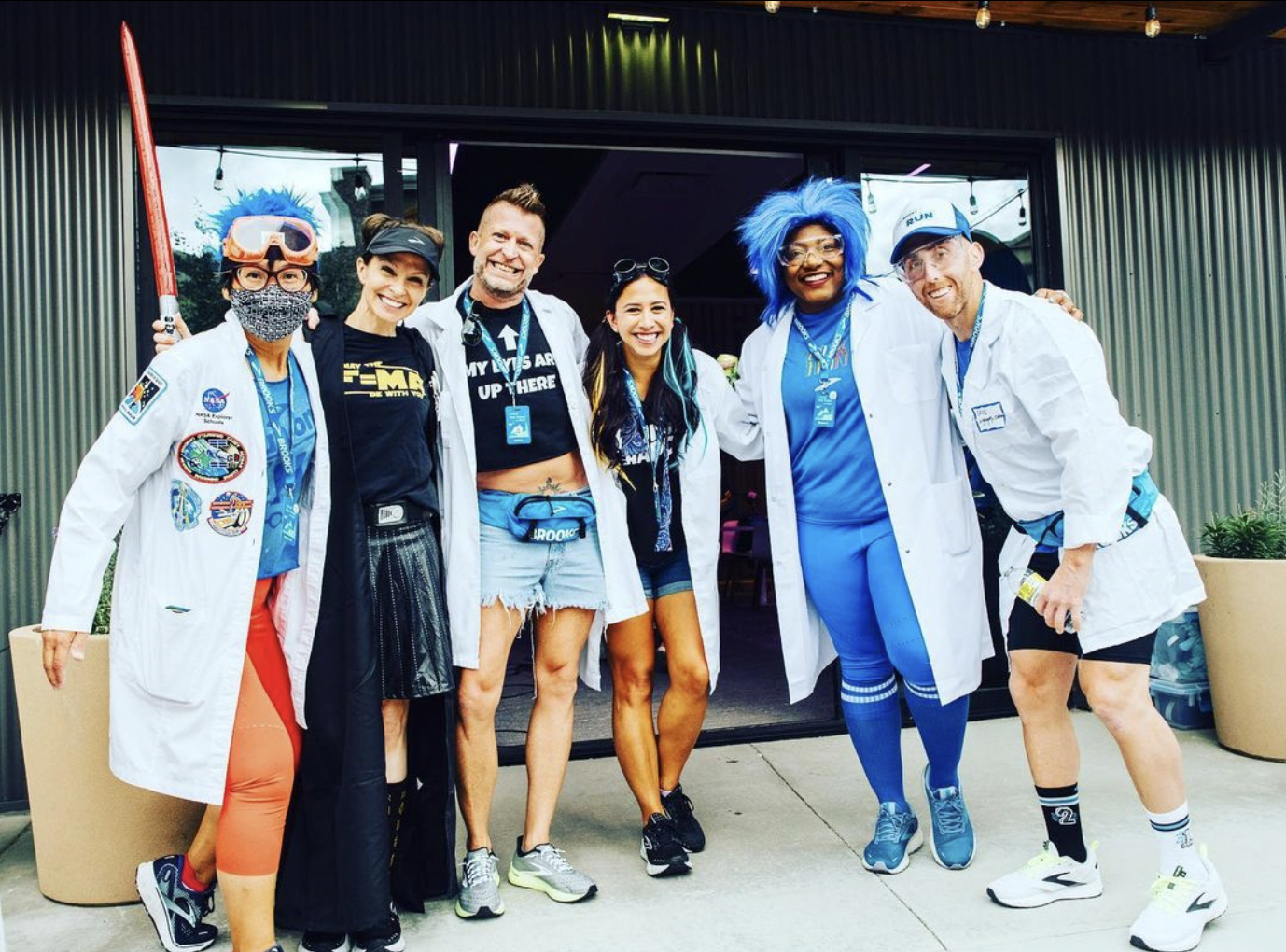
What accommodations have you made?
I haven’t really had to adjust my cooking since I have mobility in my hands. I can hold knives and all that. I’m just more mindful. But, I try to eat foods with little to no gluten to cut down chances of inflammation.
I’ve definitely made adjustments day-to-day. For example, if I have an ulcer on my finger, I know I can’t do a pushup with my hands fully extended because the pressure on my finger is really painful. I might end up putting my hands on a set of dumbbells or making a fist, which makes it easier to do a push up.
I sometimes have gloves and hand warmers with me when I run races because my hands and my feet will go numb—even if it’s 55 degrees for the start of a race, which is a great temperature!
I definitely feel like these passions have helped me deal with my scleroderma in some capacity. For example, I can tell the difference in my body when I eat right. I know how I feel when I’m not exercising versus when I am. Also, from a mental health standpoint, it’s helped me maintain a positive mindset in the “life’s not over” sense, which improves my ability to keep doing things.
I try to practice a bit more mindfulness and meditation—things which I never would do before. These things keep me generally more relaxed and less stressed.
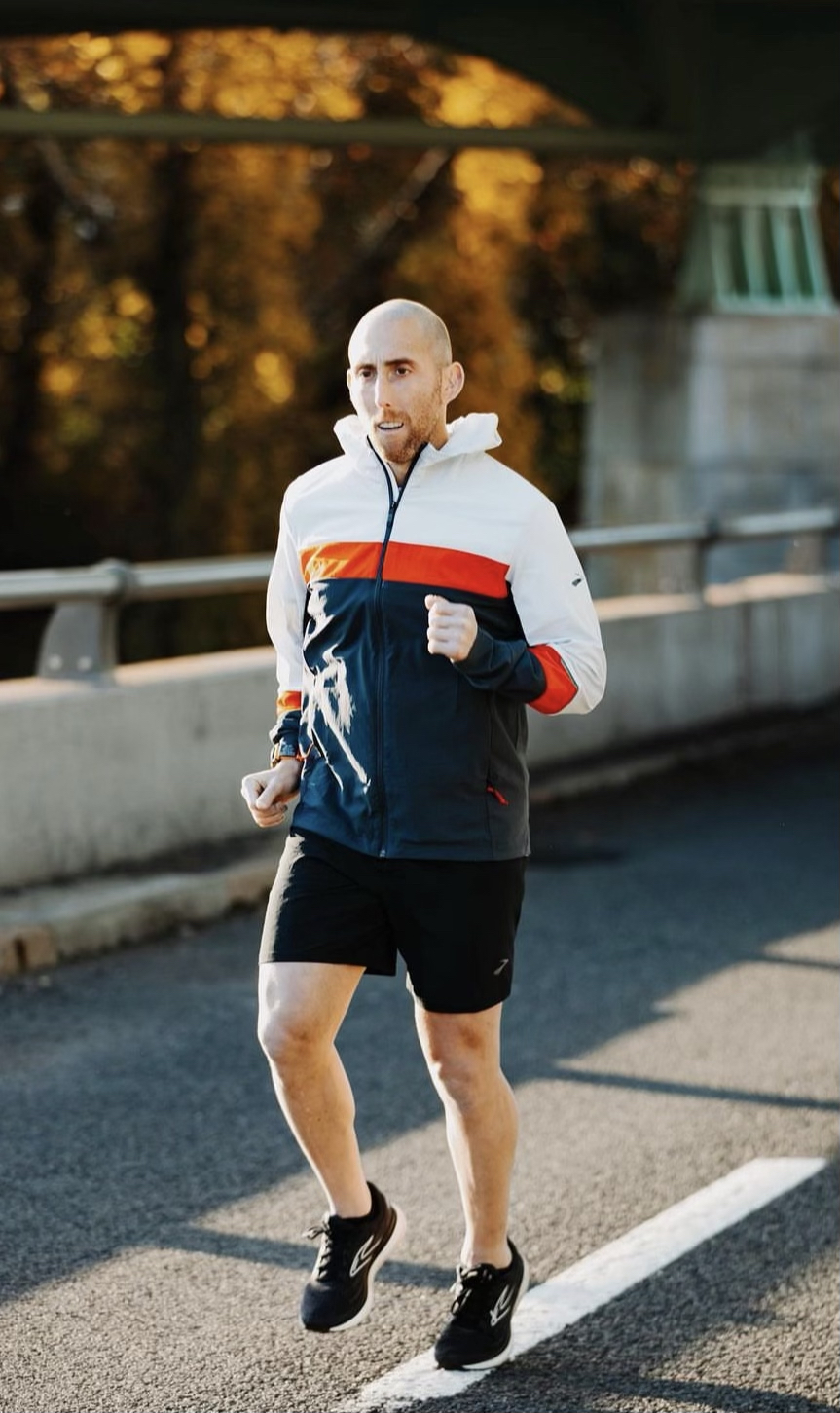
How did your friends react?
Initially, my friends were worried, especially because they didn’t know anything about the illness. They’ll regularly ask me how my health is.
People that don’t have scleroderma don’t really understand how it affects you. That’s the biggest challenge. Caregivers and friends have an idea of the illness and are really supportive, though. They always push me and motivate me to try certain things. I’ve faced adversity before, and I know that I can overcome certain things. Having people around me to support me really helps me get through those difficult times.
Has scleroderma impacted your other relationships?
That’s a hard question to answer. I don’t think I’ve had to adjust my relationships. It’s just if I’m dating, it’s a conversation that comes up early on. I’m very up-front about my illness. People take a step back sometimes because they don’t want to get involved with someone who’s sick or they’re a little cautious at first.
I try to choose relationships where people understand that I don’t live my life really that much differently than I did 10 or 15 years ago.
What medications have you tried?
Thankfully, I do not have to take too many medications.
I have one for my thyroid (a prescription-based one), Pepcid for my gastrointestinal stuff and acid reflux, and a blood dilator called Diltiazem to improve blood flow to my hands so that I don’t get as many digital ulcers. I don’t have any side effects from them. Pepcid feels like the most beneficial. I can’t really speak to how the blood dilator works since I still get ulcers.
My list of expenses includes my medication as well as paying whatever my insurance doesn’t pay for during trips to my doctor every 3 or 4 months.
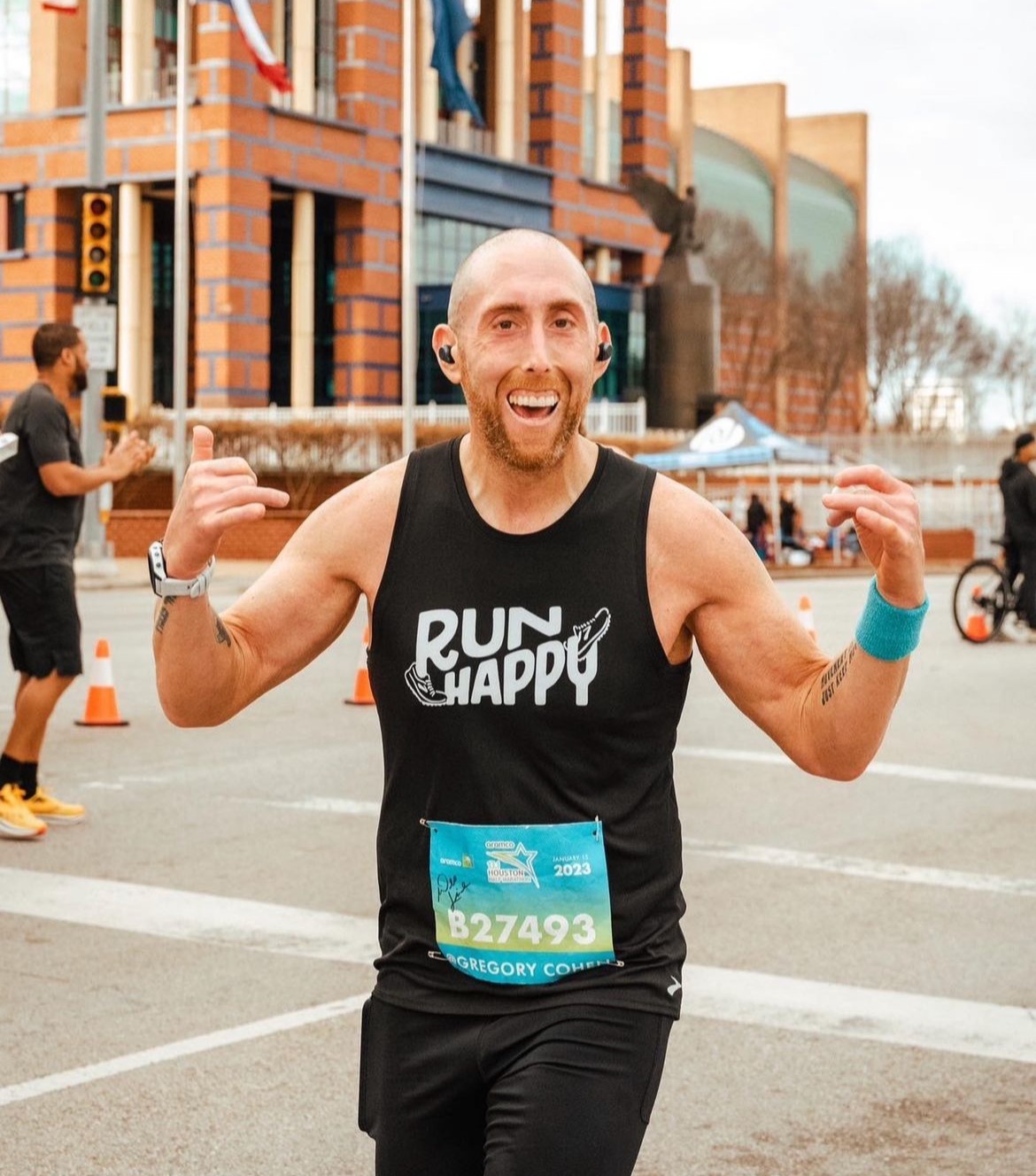
Have you found scleroderma communities?
I am in a bunch of Facebook groups, which I participate in every once in a while. I used to go to support group meetings, but not anymore. Part of the reason is that I find them to be somewhat depressing. I voiced this opinion to the people who run these groups. I do try to share information about my races and other advocacy, though.
I joined these groups right after I was diagnosed. With the support groups, I went to their educational events pretty much right away. I began to meet more people—both in person and virtually—as we were invited to join these groups. They’ve helped me better understand that if I’m going through something, someone else is too. There’s a community to talk to, people who understand my day-to-day better than my friends might. Occasionally, if I have questions that someone might know the answer to, I can get added help.
The first interaction I had with any of these groups was with one of the leaders of a support group, which would have been when I was first diagnosed. They would reassure me that the world’s not over – that there are people who have been living with the disease for 20, 30 years.
When I met people in person for the first time, it was definitely more awkward. The first thing I did was go to a patient education day at a local hospital with my now ex-wife. Everyone approached her because they thought she had scleroderma—women have scleroderma more often than men. Now, though, people will just randomly contact me via social media.
What are some lessons you’ve learned over time
I think, in hindsight, the biggest lesson is just taking better care of myself. When it comes to scleroderma, no one knows what the cause is or what triggers it. Maybe, had I taken better care of myself earlier, I might not be in this situation. I just didn’t really have an idea of what the illness was.
I also wish I had learned to manage my stress earlier. Just stress itself can make any situation worse; knowing how to deal with stressors early on would have helped immensely.
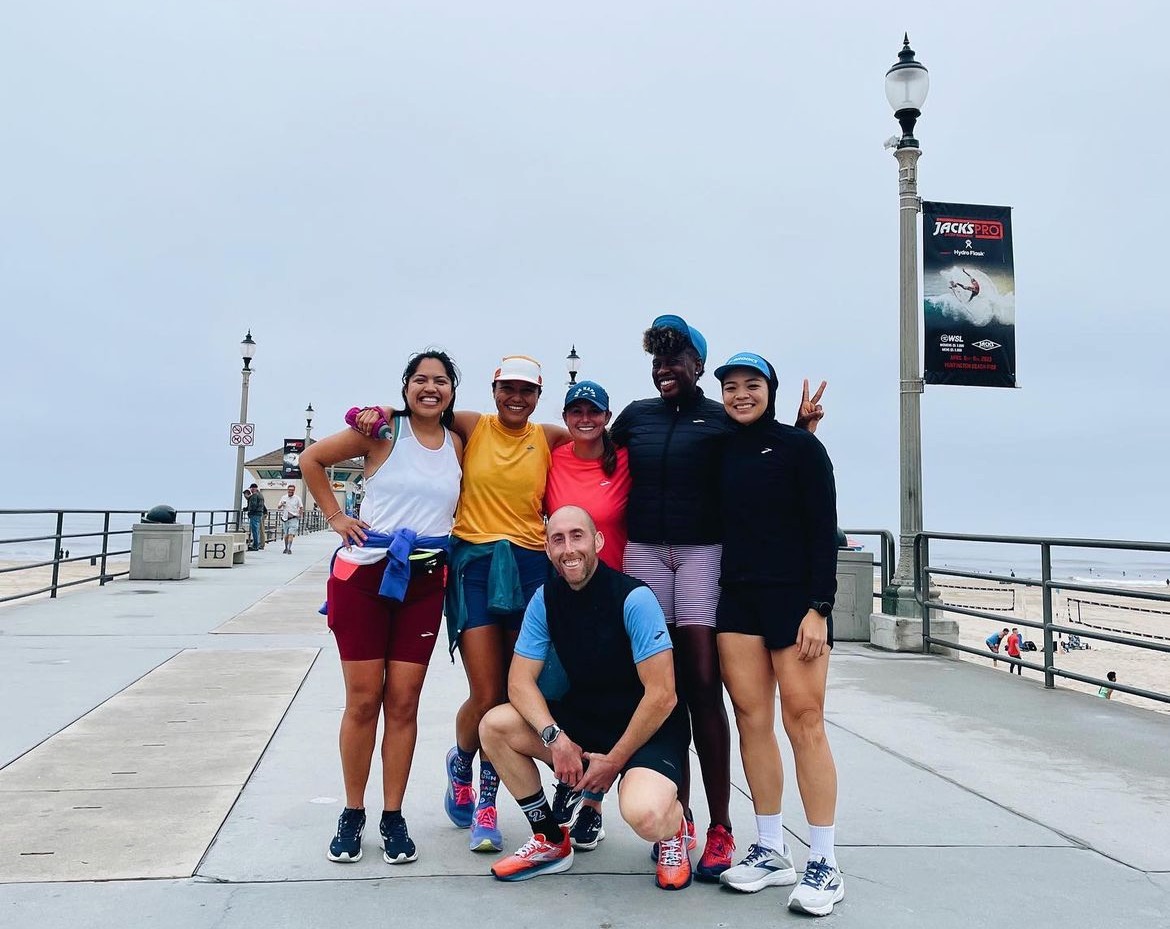
What advice do you have for people with scleroderma and other chronic illnesses?
Think about what you can actively do to make your life better. NEVER assume that your diagnosis will prevent you from doing what you put your mind to!
Be sure to follow us on Instagram and Facebook (@sclerounited) to see more scleroderma warriors’ journeys in our weekly Sclero Sunday series.
Are you a scleroderma warrior? We’d love to interview you for Scleroderma Stories! Please visit tinyurl.com/share-my-sclero-story or email us at contact@sclerounited.us
